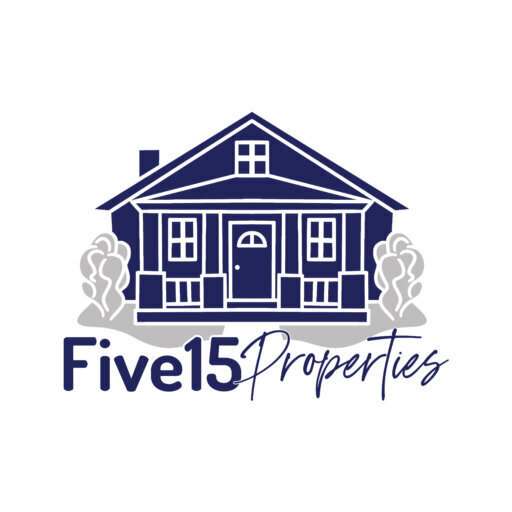You’ve probably come across the term “closing costs,” but are you fully aware of everything they encompass? Delve into our closing cost “FAQ” to gain a comprehensive understanding of the intricacies associated with closing costs.
What Are Closing Costs Exactly in Front Royal?
Closing costs encompass the entirety of the expenses that necessitate settlement during the closing procedure. The specific fees and costs can vary depending on your geographical location. However, in broad terms, closing costs typically encompass, though are not restricted to:
- Notary fees
- Transfer Costs
- Transfer Taxes
- Appraisal Costs
- Inspection Fees
- Origination Fees
- Recordings Fees
- Title Insurance
- Underwriting Fees
- Bank Fees
- Courier Fees
- Wire Transfer Fees
- Liens against the home will need to be paid to clear the title
- Credit Report Fees
- Administrative Fees
- Attorney Fees, If Applicable
- The balance of your mortgage or loans against the home
- Possibly repairs or pest control if this has previously been agreed upon
- COMMISSIONS!
Who’s Paying?
Although the buyer typically assumes responsibility for several of these expenses, it is crucial to recognize that the seller typically bears the entire burden of the commission, which typically amounts to around 6% or more of the final sale price. Apart from any outstanding mortgage balance, this commission stands out as the most substantial cost associated with the closing proceedings. Negotiating other expenses throughout the sales process is gaining traction, with sellers increasingly opting to cover the closing costs as a means to attract a larger pool of potential buyers.
As the seller, it is imperative to recognize your obligation to cover your portion of the property taxes for the current year up to the day of closing. Additionally, any homeowner association (HOA) fees or other communal expenses should be calculated proportionately and settled at this juncture.
What Are Seller Subsidies?
The closing cost contribution is a figure subject to negotiation between the buyer and the seller, representing the percentage the seller commits to covering. As an illustration, one might propose allocating $3,000 towards closing expenses to alleviate some of the financial burden on the buyer. Generally, extending such subsidies is frequently perceived as a minor expense in the broader scheme of enticing buyers to engage in negotiations.
Can You Avoid These Costs?
Absolutely! When you collaborate with a direct buyer who assumes all expenses linked to the closing process! Unlike agents, direct buyers do not levy a commission. Frequently, direct buyers extend the courtesy of covering all expenses, thereby affording you both savings and convenience during the closing proceedings.
Are Repairs Included?
This is yet another aspect subject to negotiation between the buyer and seller. In instances where the home requires evident repairs, sellers frequently undertake these repairs prior to listing their home on the market. However, if an inspection shows additional repairs are needed, a buyer may make his offer contingent on repairs being made. A buyer and seller can work this out before going to closing.
